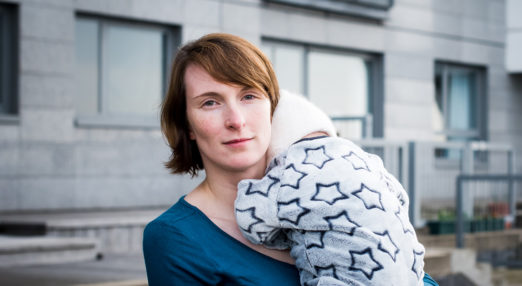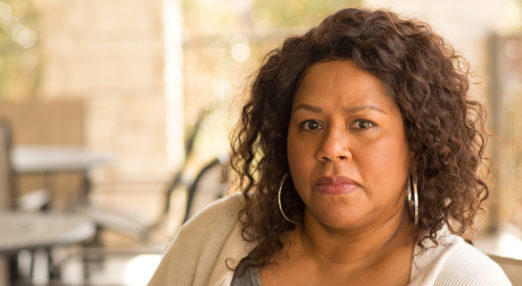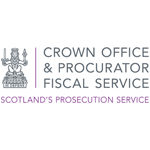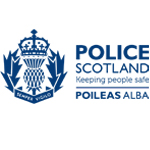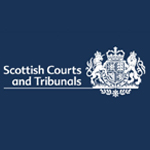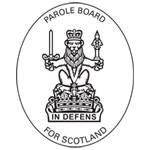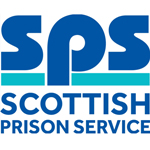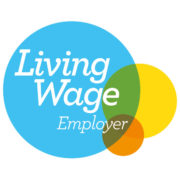16 Days of Action against domestic abuse
16 Days of Action against domestic abuse and gender-based violence is an awareness raising campaign running from 25 November to 10 December. VSS Marketing and Comms Officer Zoë writes about the importance of the campaign and the help available for anyone affected by domestic abuse.
The 16 Days of Action campaign is never more needed with the impact of coronavirus pandemic and lockdown measures affecting people across the country. Police figures for the second quarter of 2020 show a 7.6% rise in recorded incidences of domestic abuse, compared to the same period in 2019.
In the past few years, Scotland has made great strides to both protect people affected by domestic abuse and recognise the complexity of this crime.
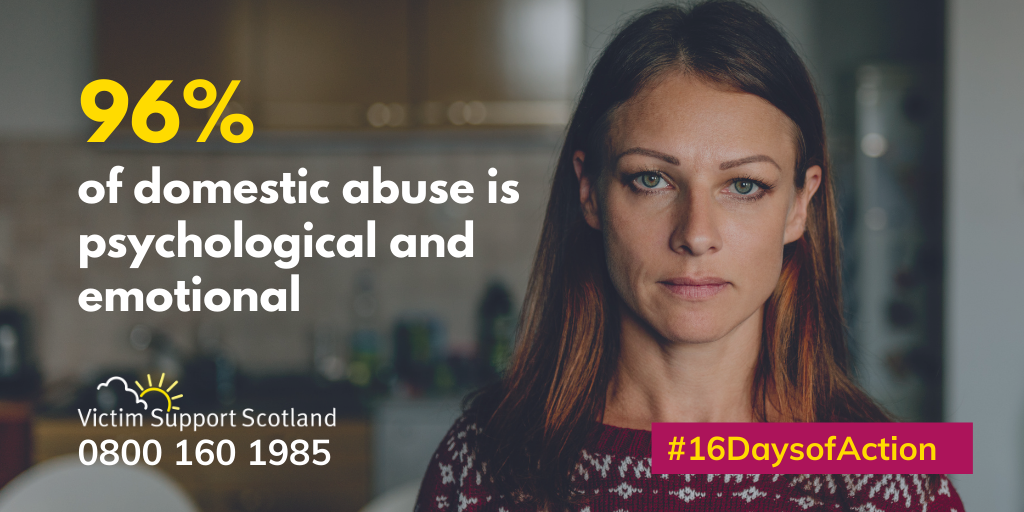
Domestic abuse comes in many forms
Along with a number of partner support organisations, Victim Support Scotland is working hard to raise awareness of the many forms that domestic abuse can take. As well as physical abuse, domestic abuse is often a complex mix of financial, emotional, psychological and/or sexual abuse that is used to exert control and dominance over someone.
In fact, 96% of victims/survivors in Scotland have experienced some form of psychological and emotional domestic abuse, according to Safelives research.
In 2019 the Domestic Abuse (Scotland) Act made domestic abuse a crime for the first time. The new laws made emotional and psychological abuse criminal offenses, recognising the damage caused by coercive control, such as isolating someone from family and friends, regulating daily activities, limiting freedom, controlling money, using gaslighting techniques and more. The law also recognises the impact that domestic abuse has on children and penalties carry more weight when children are involved.
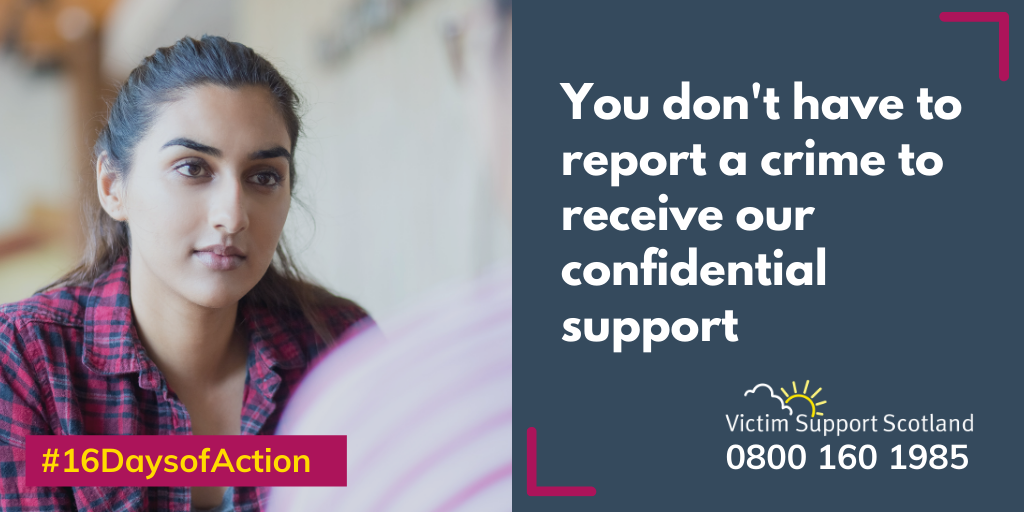
Domestic abuse is the main cause of women’s homelessness
Due to the controlling nature of domestic abuse, tenancy agreements are often held in the perpetrator’s name. Currently, victims of domestic abuse must leave their homes in order to escape their situation, often leaving pets and belongings behind. Often families have to live in temporary accommodation, change schools, find new work, and more, all of which can stop them from moving forward and getting their lives back.
The Domestic Abuse (Protection) (Scotland) Bill, currently making its way through Parliament, tackles this issue by proposing police and court powers to remove suspected abusers from victims’ homes and ban them from re‑entering for two months. It would also allow social landlords to end or transfer a tenancy of a domestic abuse perpetrator to the victim. Time in their own home, without contact from their abuser, can give people enough time to find the space and support they need to escape abuse permanently.
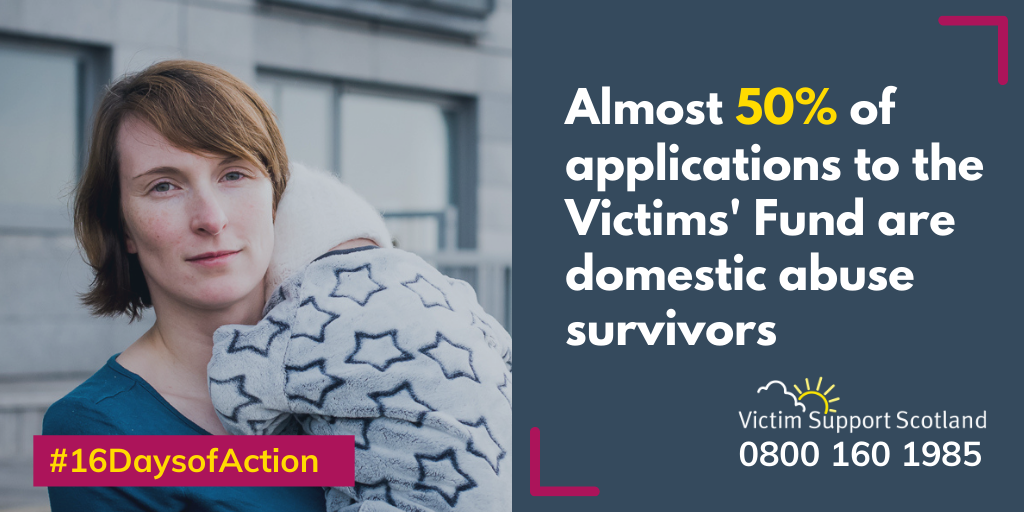
Ongoing protection
If someone is found guilty of domestic abuse, the court has to consider issuing a non-harassment order to protect you. A non-harassment order can prevent the abuser from things such as entering the property, approaching or contacting the you and any children, and showing up at places of work, education or residence. It is a crime to breach a non-harassment order.
The Disclosure Scheme for Domestic Abuse Scotland, also known as Clare’s Law, aims to prevent domestic abuse by giving you the right to ask about your partner’s background. Anyone concerned that a partner may have been abusive in the past, can ask the police to disclose any relevant information. The scheme also allows family and friends to enquire on someone else’s behalf. If a disclosure is deemed necessary, you or the person best placed to safeguard you, such as a concerned family member, will receive the information.
Victim Support Scotland is here to help anyone affected by domestic abuse, whether or not you have reported the crime or are ready to leave your situation. We can provide confidential emotional support and empower you to take the next steps.
Our Victims’ Fund can finance security systems, furniture for temporary housing, clothes and food for anyone having to leave their situation in a hurry.
We can provide further practical support by working with partners to find legal aid, writing to social landlords to request new tenancies, and supporting people through the court process. Please contact our confidential helpline (0800 160 1985) or webchat via this website if you or someone you know needs support. You can also contact Scotland’s domestic abuse and forced marriage helpline on 0800 027 1234.
Please remember, you are not alone.
Latest news and blogs
-
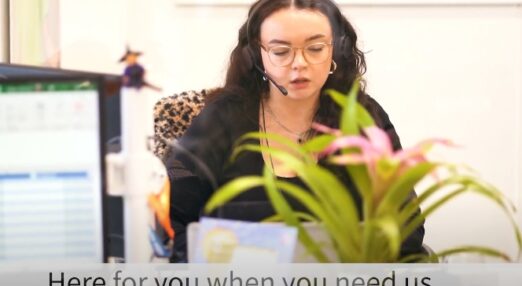
We’re here – support over the festive period
We know that the festive period can be difficult for people impacted by crime - that's why we'll remain open right through Christmas and New Year.
Read more
-
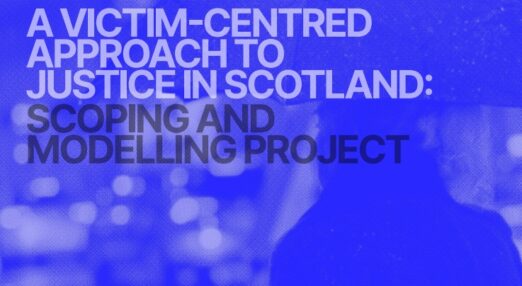
A Victim-Centred Approach to Justice in Scotland: Scoping and Modelling Project
This project, commissioned by Victim Support Scotland, sought to explore how a more victim-centred approach could be realised in Scotland's criminal justice system.
Read more
-
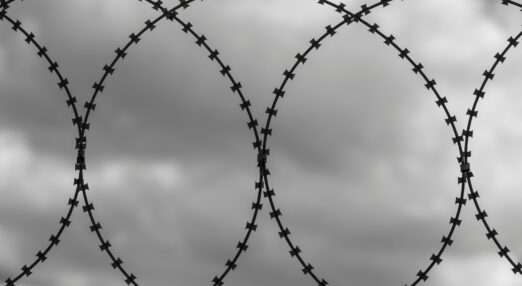
Concern over impact of new early prisoner release bill as Scotland’s crime stats revealed
Victim Support Scotland has expressed concerns about the impact of the Prisoners (Early Release) (Scotland) Bill, which was passed by MSPs yesterday, in light of new crime statistics revealed by the Scottish Government.
Read more
-

Victim Support Scotland voices concerns about Prisoners (Early Release) (Scotland) Bill
Victim Support Scotland has voiced concerns about the Prisoners (Early Release) (Scotland) Bill.
Read more
-

Media Reporting on Child Homicide – Victim Support Scotland Consultation Response
Victim Support Scotland's response to the Scottish Government consultation on Media Reporting on Child Homicide.
Read more
-
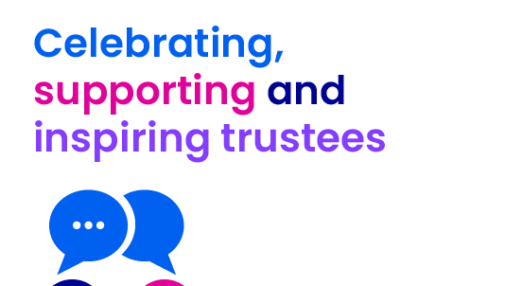
Highlighting the role of Trustees at VSS
We sat down with Gillian Imery, one of our trustees, to chat about the role she plays, why she decided to get involved with VSS, and how her skills and experience enrich our charity.
Read more
-

Statement on Homicide in Scotland figures
Victim Support Scotland has released a statement in response to the Homicide in Scotland figures released by the Scottish Government.
Read more
-

Statement on Police Scotland rape statistics
Victim Support Scotland has released a statement on the figures released by Police Scotland which show an increase in the number of rape cases reported within the last 6 months, alongside the launch of the latest 'That Guy' campaign.
Read more
-

Victims of hate crime need to have their voices heard
This article by our Chief Executive Kate Wallace argues why more must be done to support victims of hate crime.
Read more
-

Statement on Scottish Government’s plans for Victim Notification Scheme reform.
Victim Support Scotland has released a statement on the Scottish Government's plans for reform of the Victim Notification Scheme.
Read more
-
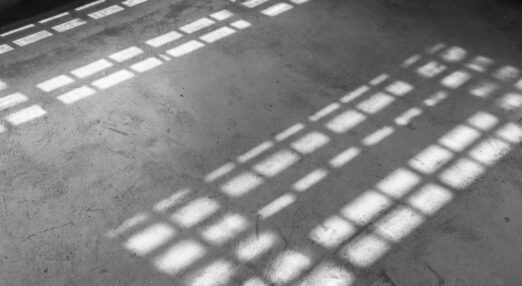
Statement on Scottish Government plans for long-term prisoner release
Victim Support Scotland has released a statement on the Scottish Government's plans for long-term prisoner release.
Read more
-

Experiencing Hate Crime – Helena’s* story
When Helena’s* partner became disabled as a result of a severe stroke, they began to experience a series of hate crimes perpetrated against them by a neighbour. VSS supported her during the court process, towards the end of her ordeal. This is her story.
Read more

